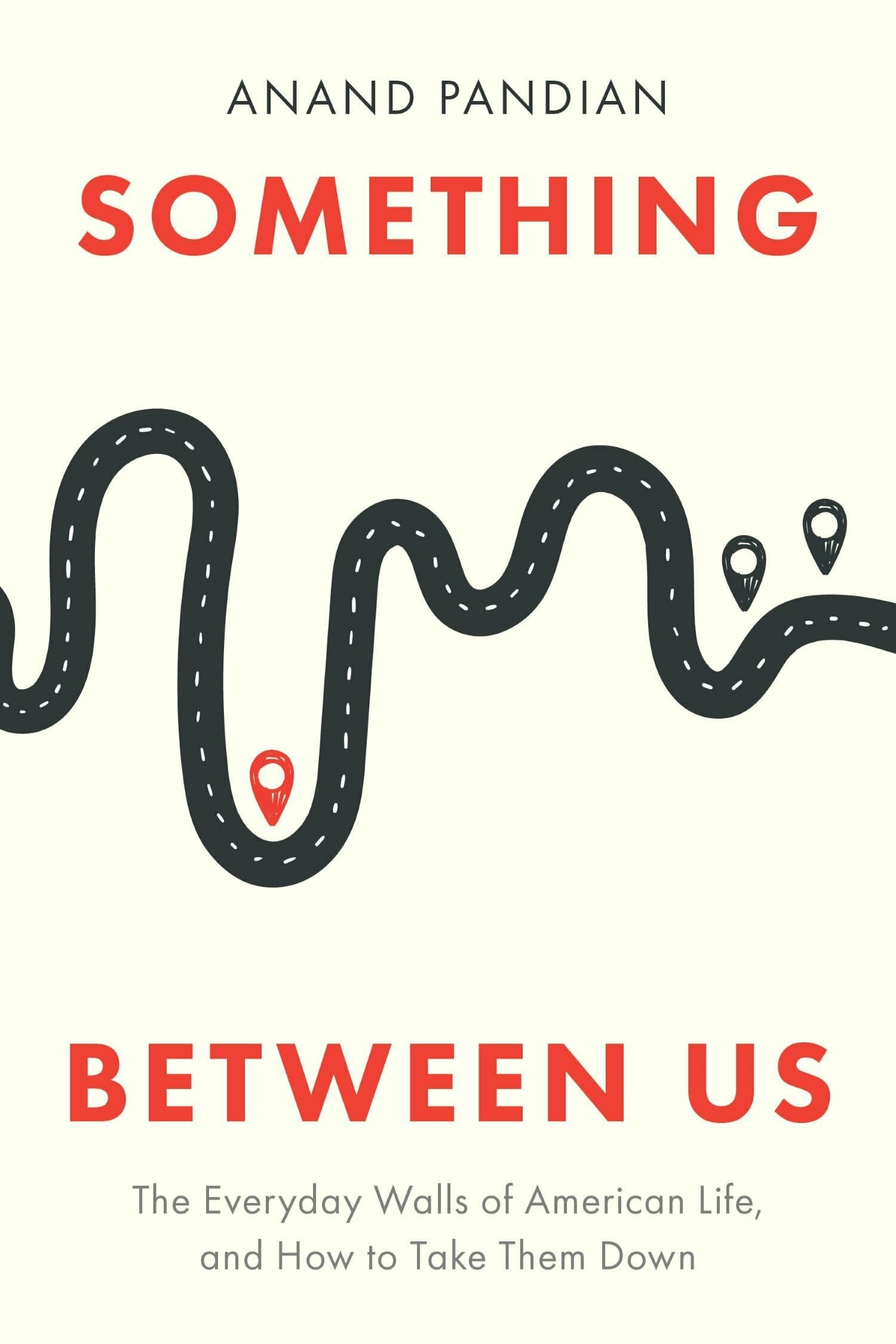Barbarism and Its Discontents

Barbarism and civilization form one of the oldest and most rigid oppositions in Western history. According to this dichotomy, barbarism functions as the negative standard through which "civilization" fosters its self-definition and superiority by labeling others "barbarians." Since the 1990s, and especially since 9/11, these terms have become increasingly popular in Western political and cultural rhetoric—a rhetoric that divides the world into forces of good and evil. This study intervenes in this recent trend and interrogates contemporary and historical uses of barbarism, arguing that barbarism also has a disruptive, insurgent potential. Boletsi recasts barbarism as a productive concept, finding that it is a common thread in works of literature, art, and theory. By dislodging barbarism from its conventional contexts, this book reclaims barbarism's edge and proposes it as a useful theoretical tool.
"Our age is no less barbaric than any other time, though more efficient and more globally repercussive in its ability to perpetrate acts of barbarism. Boletsi's attempt to recoup and recast the notion of barbarism as redemptive force—discursive and worldly 'real'––is a timely and compelling undertaking that she carries out admirably and conscientiously."—Djelal Kadir, Penn State University




